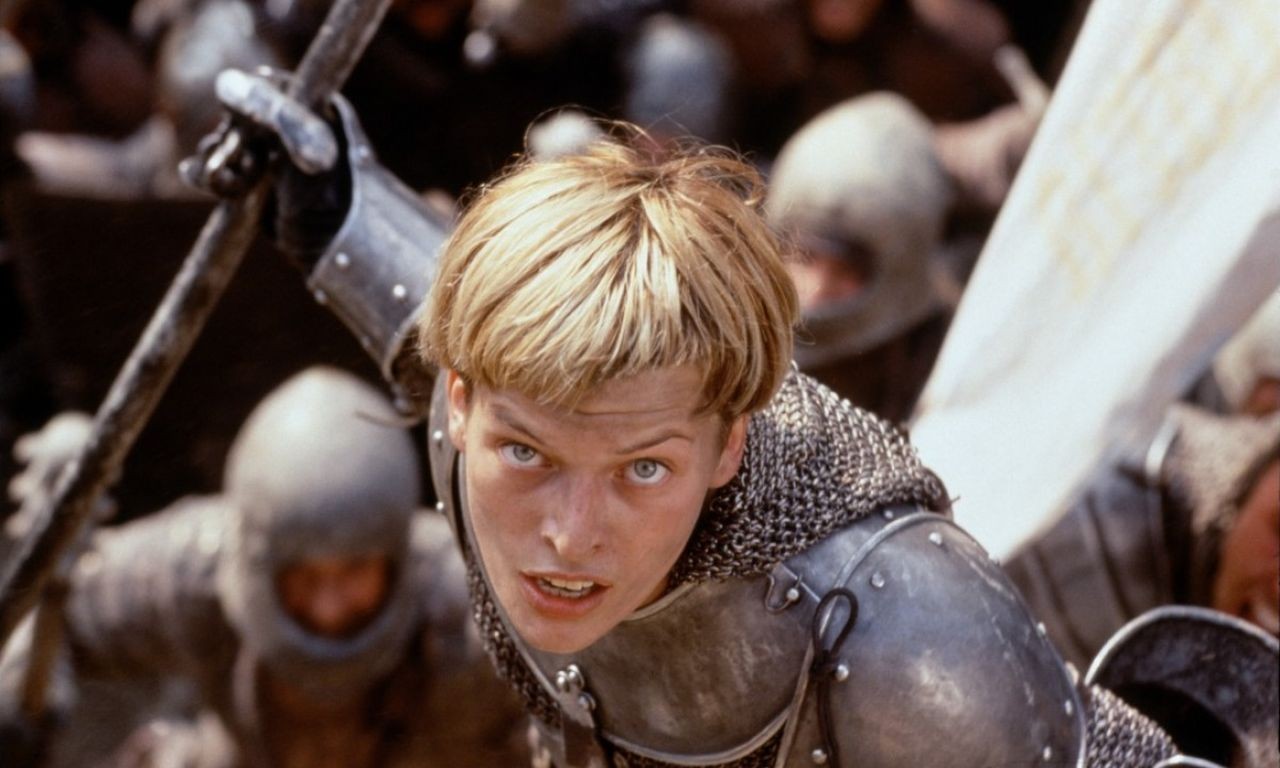
The hundred years' war

This is a team campaign ideated to be played and finished in a single session. The teams will fight the one hundred year war between french and english armies
The teams will play four battle, each one set in a given phase of the war
1328-1360- Initial english victories
The first phase of the war, that after some undecisive military actions in the very first years, saw the english victories at Crecy and Poitiers. The black plague, the ravaging armies and the loss of control from the monarchy brought anarchy in the countriside, with revolts and rebellions.
The war stopped with the Treaty of Brétigny which was signed in 1360. The English came out of this phase of the war with half of Brittany, Aquitaine (about a quarter of France), Calais, Ponthieu, and about half of France's vassal states as their allies, representing the clear advantage of a united England against a generally disunified France.
1369-1389- French comeback under Charles V
The French were pushed back thanks to the efforts of the best Charles V general, Bertrand du Guesclin. The english armies were distracted too by the campaigns in Spain and the loss by age or capture of their best generals.
Charles V reign saw many cities fall back in french hands.
1415-1428- Henry V comes near to win the war
Henry V launched succesful campaigns, winning a great victory at Agincourt. The weak french rulers could not stop him. He entered Paris and negotiated a marriage to make his son inherit France.
The plot was stopped by the Scot intervention in France. Earl of Buchan destroyed an english army at Bauge, and virtually saved France. Soon after Henry V died. The English still were on the offensive, besieging the important city of Orleans.
1429-1453- Joan of Arc stops the english. France wins the war
The French with no King remained passive to english military initiatives, until Joan of Arc persuaded the Dauphine to let her lead an army to relieve Orleans. Joan was succesful, raising french morale and inspiring the army, that took back several strongpoints, routing the english at Patay.
This let the Dauphine march to Reims and be crowned as Charles VII. Joan of Arc was captured and killed. The French were able to gain the neutrality of the Burgundians, and slowly took back many cities from the English, beating them at Formigny and Castillion. This last battle ended the war.
The two leaders must secretly allocate their players to each of the four period. The players will then prepare an army list with the period specifics. Once this is done, the four matches are all played at the same time, with each army fighting its in period enemy.
The player allocation is important, because each game final score is modified by the result of the previous one in the stage sequence:
If friendly forces have won a partial victory (scoring 14 or more VP without breaking the enemy army) the score is 50% higher rounded up. A total victory (enemy broke) will give a 100% bonus.
If the friendly forces lost the previous game, a minor defeat (scoring 11 or less but without being routed) will cost 25% of the score while a major one 50% of malus, rounded down.
Example: In the game set in 1415 the French wins a major victory breaking the English. In the battle in 1432 the English wins the game for 22-3 result. This score becomes 11-6 because the English halves and the French doubles the scoring for what happened in the previous event.
The team that will score more points will win the war. The losing team must pay a drink to the winners